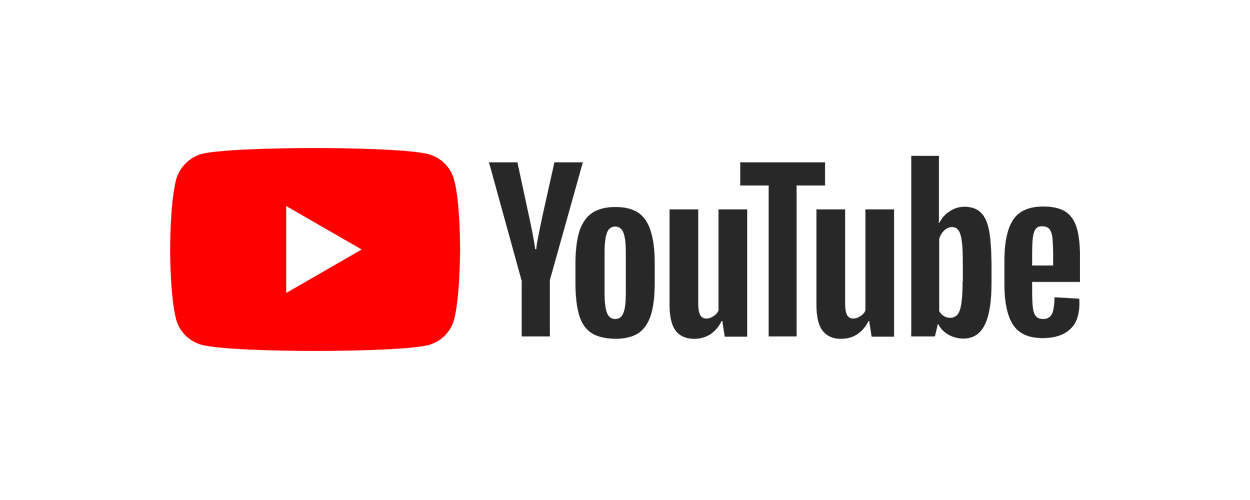This website uses cookies so that we can provide you with the best user experience possible. Cookie information is stored in your browser and performs functions such as recognising you when you return to our website and helping our team to understand which sections of the website you find most interesting and useful.
Business News Digital Legal Top Stories
Content Creators Coalition urges Congress to investigate YouTube’s ‘non-disparagement agreements’ with artists
By Chris Cooke | Published on Tuesday 30 January 2018

American artist-led lobbying group the Content Creators Coalition – aka C3 – has called on the judiciary committees in US Congress to investigate those recent reports that YouTube has included so called ‘non-disparagement agreements’ in partnership deals it has struck up with artists.
Various sources recently told Bloomberg that such clauses have been included in agreements reached between the Google video site and certain specific artists which YouTube is directly supporting by funding video production and/or marketing activities.
The inclusion of such terms is probably not surprising, given how much YouTube dissing there has been within the music community in recent years. The music industry, of course, is hoping to get copyright law reformed to reduce the reach of the so called safe harbour. Many record labels and music publishers – and artists and songwriters – reckon YouTube exploits the safe harbour to pay much lower royalties than other streaming services.
In its report on the ‘non-disparagement agreements’, Bloomberg conceded that such terms “are common in business”, though noted that other streaming platforms directly supporting artists are not generally making similar demands.
Either way, in a letter to the chairs of the Congressional judiciary committees in both the Senate and the House Of Representatives, C3 argues that the ‘don’t-diss-YouTube’ clauses are “clearly aimed at thwarting the Congressional review of the Digital Millennium Copyright Act’s safe harbours as well as the public debate about the issue”.
The US Copyright Office, which sits under the Library Of Congress, has been reviewing the American copyright safe harbour for sometime. Meanwhile in Europe, safe harbour reform is contained with the draft copyright directive that is still going through the motions.
Referencing the Copyright Office review, and the American music industry’s resulting campaign calling for safe harbour reform, the C3 letter goes on: “An unprecedented groundswell of artists have called out Google for gaming outdated laws to facilitate YouTube’s profiteering from rampant music piracy on its service. In filings to the Copyright Office, a cross section of music creators argue that the DMCA’s safe harbours are actually ‘safe havens’ that allow platform monopolies to use the ubiquity of unlicensed free music on their services as a cudgel in negotiations to drive down their own licensing costs”.
On the ‘non-disparagement agreements’, the letter goes on: “We are deeply troubled by recent reports indicating that ‘YouTube has asked musicians to agree not to disparage the streaming-video service in exchange for promotional support, according to people familiar with the matter, a way to quell persistent criticism by artists’. Simply put, Google has abused its monopoly power to give artists pennies on the dollar and appears to be further abusing that power to buy the silence of artists who might otherwise speak out and draw public scrutiny to these practices”.
The letter concludes: “With jurisdiction over copyright and antitrust laws, the judiciary committees are uniquely situated to get to the bottom of these apparent abuses. We ask that you do so swiftly”.





